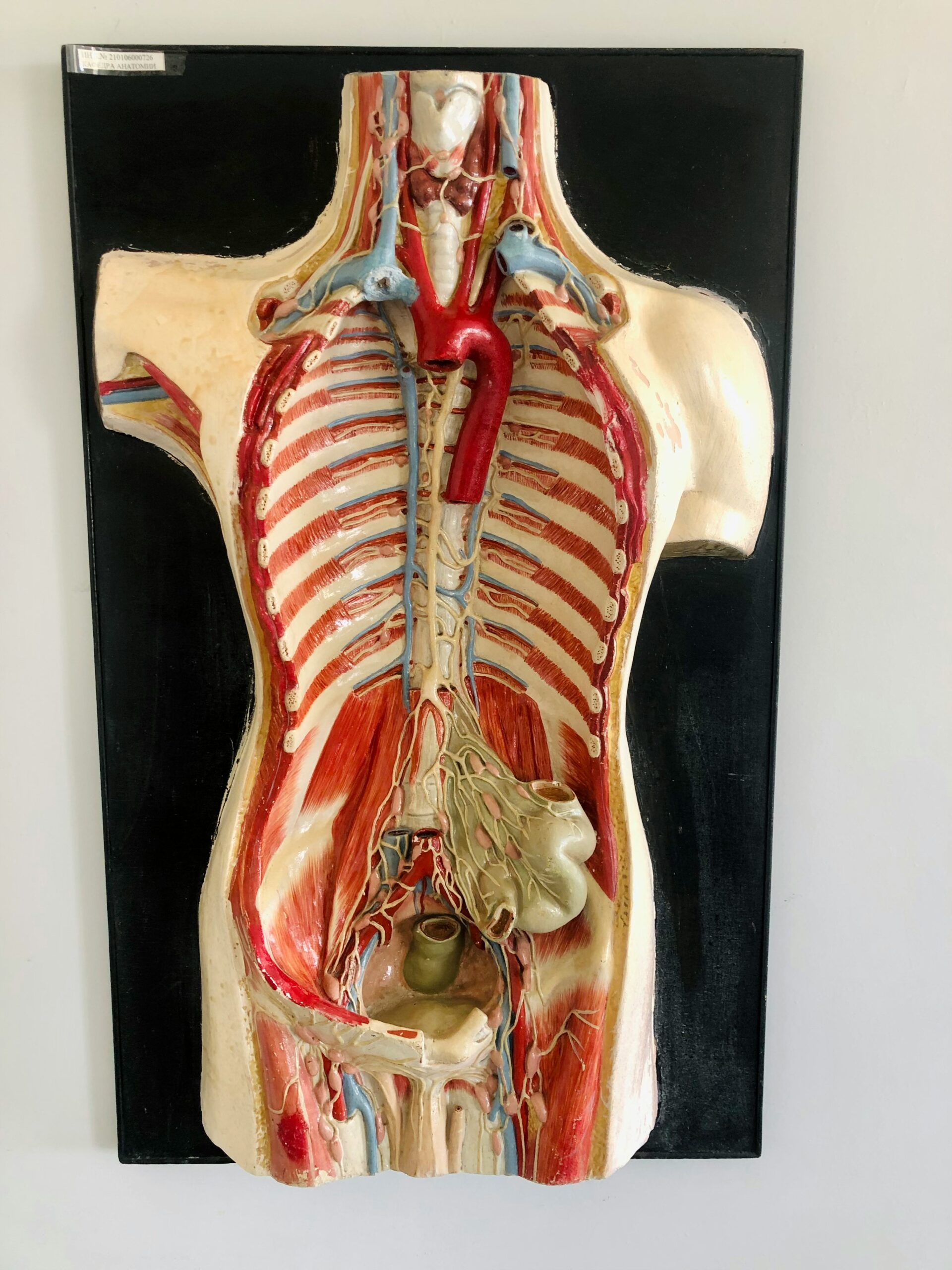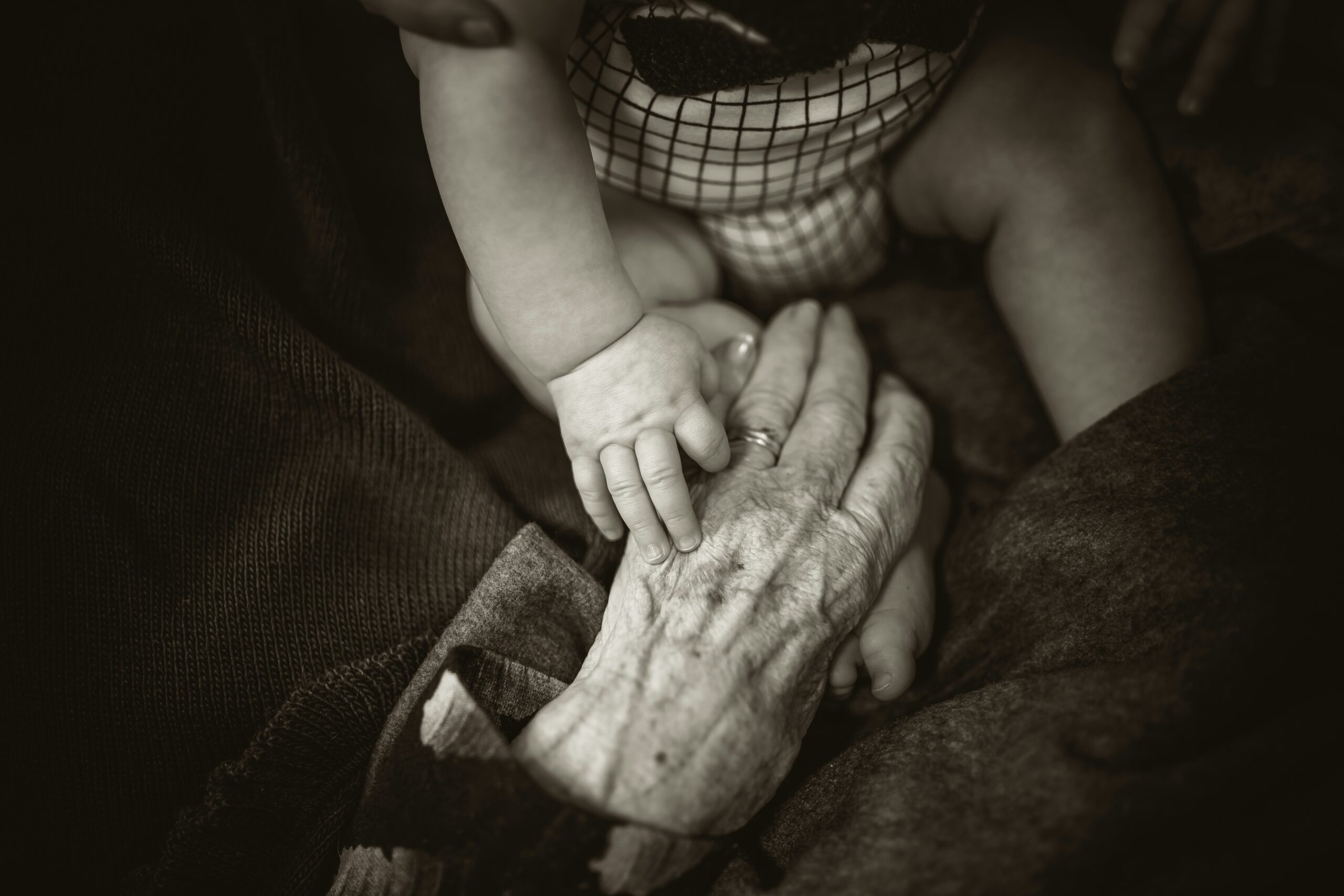Protecting Your Health During Hot Weather
Hot weather can have a significant impact on your body, potentially leading to heat-related illnesses such as heat stroke and dehydration.
During hot weather, it is important to take certain precautions to protect your health and well-being.
High temperatures can have a significant impact on your body, potentially leading to heat-related illnesses such as heat stroke and dehydration. By following a few simple steps, you can stay safe and healthy during hot weather.
Stay Hydrated
One of the most important things you can do to protect your health in hot weather is to stay hydrated. When the temperature rises, your body loses more water through sweat, which can lead to dehydration. Make sure to drink plenty of fluids throughout the day, even if you don’t feel thirsty. Water is the best choice, but you can also consume other hydrating beverages such as herbal tea, coconut water, or fruit-infused water.
Avoid excessive consumption of caffeinated or alcoholic beverages as they can actually dehydrate your body. If you engage in physical activity or spend time outdoors, drink even more fluids to compensate for the additional water loss.
Dress Appropriately
Choosing the right clothing can also help protect your health in hot weather. Opt for lightweight, loose-fitting, and light-colored clothing made from breathable fabrics such as cotton or linen. These materials allow air to circulate and help to keep your body cool. Avoid dark colors and synthetic fabrics, as they can trap heat and make you feel even hotter.
Don’t forget to protect your head and face by wearing a wide-brimmed hat and sunglasses. This will shield you from the direct sun and reduce the risk of sunburn and heat exhaustion.
Stay Cool
Find ways to stay cool during hot weather to prevent heat-related illnesses. If possible, stay indoors in air-conditioned spaces. If you don’t have access to air conditioning, try to spend time in shaded areas or use fans to circulate the air. Take cool showers or baths to lower your body temperature.
Avoid strenuous activities during the hottest parts of the day, usually between 10 a.m. and 4 p.m. If you need to be outside, take frequent breaks in shaded areas and avoid direct sunlight. Use sunscreen with a high SPF to protect your skin from harmful UV rays.
Monitor Your Health
Pay attention to your body and monitor your health during hot weather. Heat-related illnesses can develop quickly, so it’s important to recognize the warning signs. Symptoms of heat exhaustion include heavy sweating, weakness, dizziness, nausea, and headache. If you experience any of these symptoms, move to a cooler place, drink water, and rest.
If you or someone around you is experiencing symptoms of heat stroke, such as a high body temperature, rapid pulse, confusion, or unconsciousness, seek immediate medical attention. Heat stroke is a medical emergency and requires prompt treatment.
Hot weather can pose risks to your health, but by taking certain precautions, you can protect yourself and stay healthy. Stay hydrated, dress appropriately, stay cool, and monitor your health. By following these guidelines, you can enjoy the summer months while keeping your well-being a top priority.










